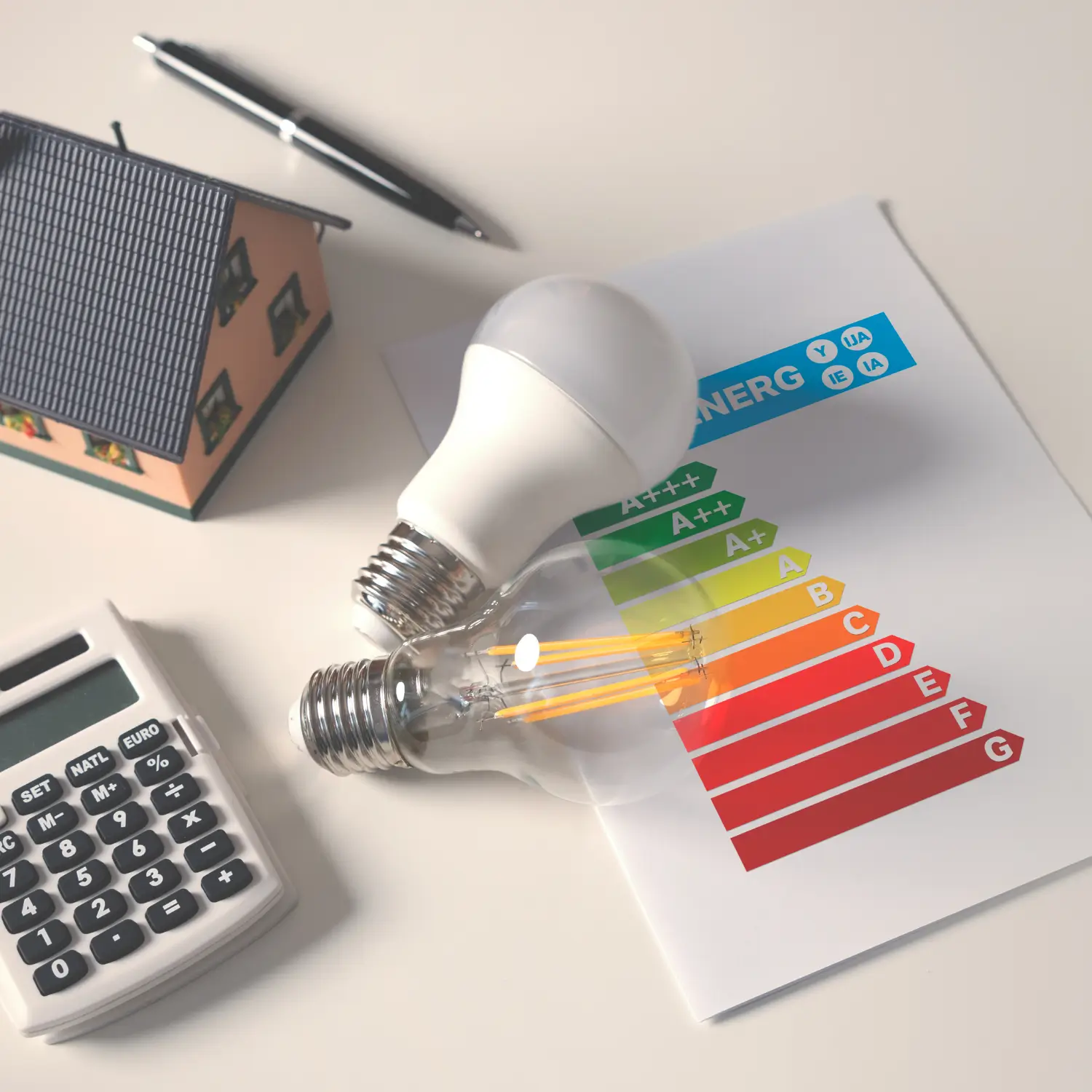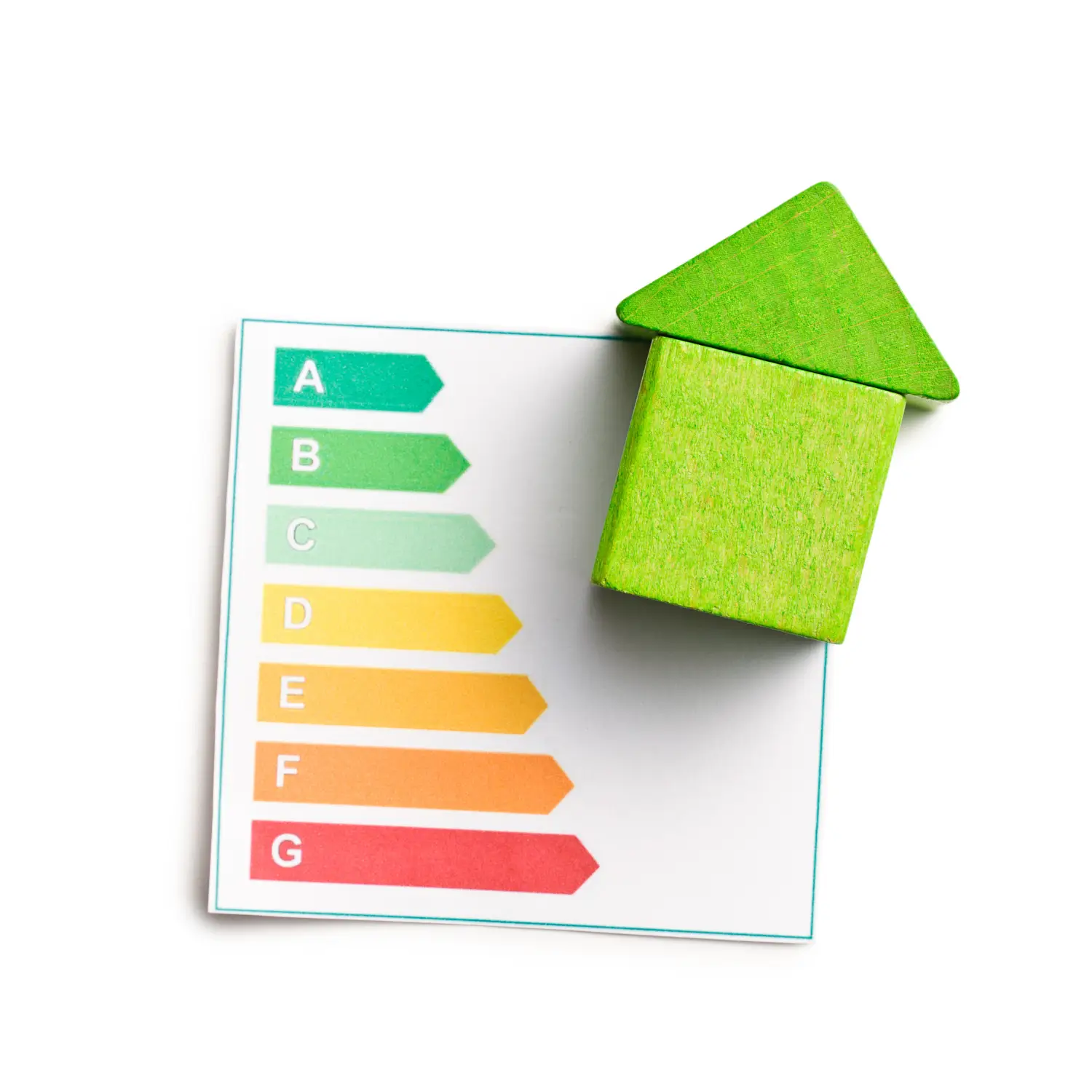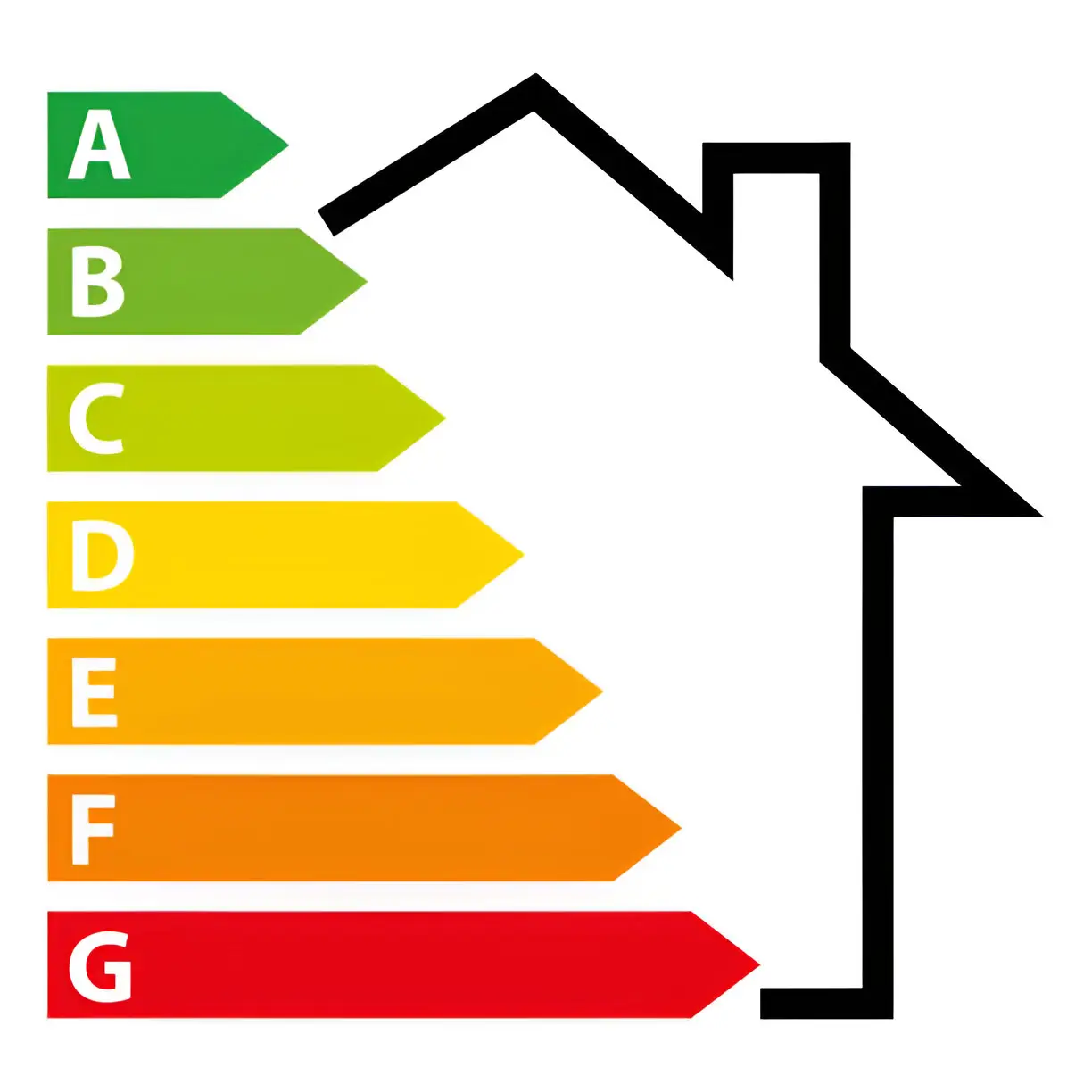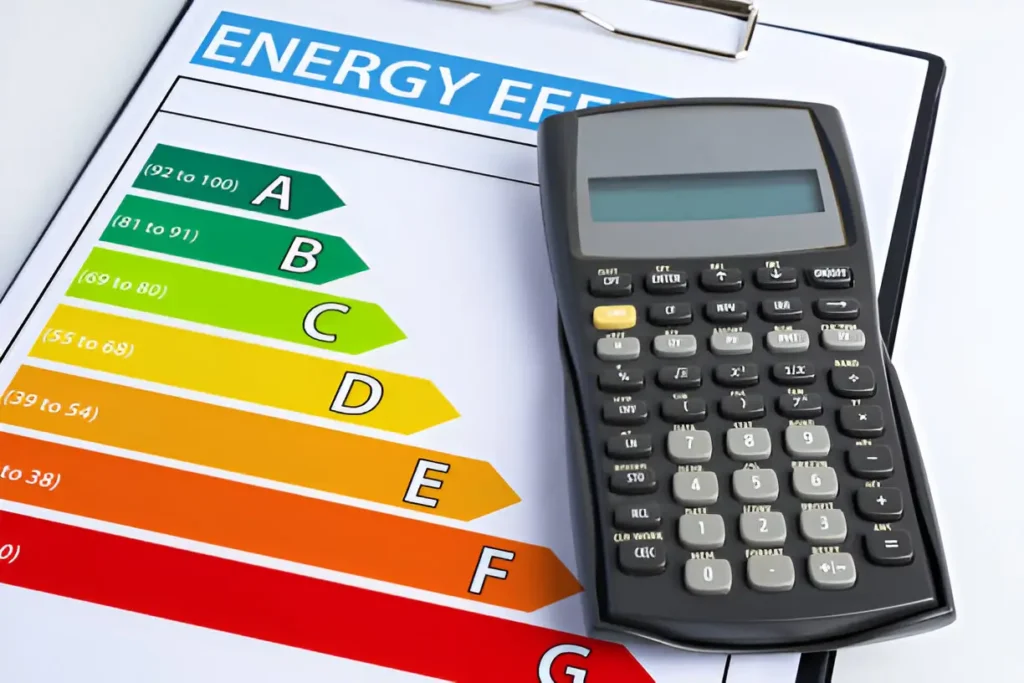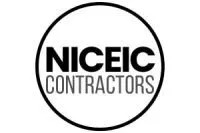Empowering Energy Efficiency
Across West London
Schedule your EPC certification today and experience the difference with the London Safety Certificate. Fast, professional, and trusted – we’re here to help you optimise your property’s energy performance. Secure your appointment now!
ONLY £59.99
FOR 1-3 Bedrooms
* All inclusive (No hidden Cost)
* Limited time offer upto 2 weeks from now

London Safety Certificate: Your Trusted Provider for Energy Performance Certificates (EPC) in West London
In West London, securing an Energy Performance Certificate (EPC) is crucial for property owners intending to sell or lease their assets. Mandated by UK government regulations, an EPC evaluates the property’s energy efficiency, ranging from A (most efficient) to G (least efficient), and provides recommendations for enhancements. The certificate, valid for ten years, must be acquired through a comprehensive inspection by accredited assessors. High EPC ratings comply with legislative requirements and boost the property’s marketability and value, reflecting a commitment to energy conservation and lower operating costs. Further exploration can reveal the intricate steps and benefits of optimising EPC ratings.
London Safety Certificate specialises in providing Energy Performance Certificates (EPC) across West London, catering to many clients who require accurate and prompt energy assessments. With over 12 years of expertise in the EPC certification industry, their team of seasoned professionals offers comprehensive evaluations of properties, ensuring every assessment is completed with precision and efficiency. Recognised for their reliable and professional service, they provide next-day appointments and transparent pricing, making them a trusted choice for those needing to understand their property’s energy efficiency. Whether for residential or commercial properties, London Safety Certificate delivers top-tier EPC services, maintaining high standards reflected in their numerous 5-star client reviews.

HOW CAN WE HELP
At London Safety Certificate, we are dedicated to providing efficient, reliable, and professional services to customers needing an EPC Certificate in West London. An Energy Performance Certificate (EPC) is essential for anyone looking to sell or rent their property, as it rates the energy efficiency of a building and suggests ways to improve it. Our certified assessors are skilled in conducting thorough assessments swiftly and effectively, ensuring that property owners comply with legal requirements while enhancing their building’s energy performance. Trust us to facilitate a smooth and compliant process, helping you to meet regulatory demands with minimal hassle.

WHY US
Choosing the London Safety Certificate for your EPC Certificate needs ensures you partner with an energy performance certification industry leader. With over a decade of specialised experience, our team provides comprehensive energy assessments executed by highly skilled professionals. We are dedicated to delivering fast and efficient services, with next-day appointments readily available to meet the demands of your schedule. Our transparent pricing and detailed result explanations underscore our commitment to reliability and professionalism. Serving West London, we are a trusted name backed by numerous 5-star reviews from satisfied clients who value our efficient and thorough approach to energy performance certification.
What is an EPC Certificate
An Energy Performance Certificate (EPC) is a mandatory document that assesses the energy efficiency of a property in West London, providing a rating from A (most efficient) to G (least efficient). This certificate is crucial in informing potential buyers or tenants about a building’s energy characteristics, thus influencing decision-making processes and property value.
As market trends evolve, an increasing emphasis on sustainability has heightened buyer awareness and shifted investment potential towards properties with better EPC ratings.
Government regulations require that an EPC be obtained whenever a property is built, sold, or rented. The certificate includes recommendations for improving energy efficiency, aligning with environmental impact considerations and enhancing the property’s economic value.
Landlord responsibilities extend beyond mere compliance; they must ensure their properties meet specific energy standards, often necessitating energy audits and subsequent modifications to enhance efficiency and sustainability practices.
The technical details in an EPC include current energy usage and potential savings, which are critical for making informed investment decisions in the real estate market. These details are derived from standardised methods to ensure consistency and reliability across assessments.
Enhanced energy efficiency mitigates a property’s environmental footprint and offers long-term cost savings, making energy-efficient properties highly attractive in competitive markets.
Thus, EPCs serve as a key document, encapsulating the intersection of regulatory compliance, environmental stewardship, and market dynamics in West London’s property landscape. Their influence on investment potential and property value underscores the integral role of energy efficiency in contemporary real estate practices.
Legal Requirements for EPC
Energy Performance Certificates (EPCs) are mandated by law for all properties in West London that are being sold, rented, or constructed. This legal framework ensures that energy efficiency is a central criterion in property transactions, reflecting broader environmental policy objectives.
EPC legality is firmly embedded within UK property regulations. Under these regulations, property owners must have a valid EPC before a property can be marketed for sale or rent. The certificate must also be made available to prospective buyers or tenants.
Compliance standards are rigorous. An EPC provides an energy efficiency rating from A (most efficient) to G (least efficient) and includes recommendations for improving energy performance.
The certification process involves a detailed inspection by a qualified assessor, who evaluates elements such as insulation, heating systems, and lighting. Inspection requirements are stringent to ensure the accuracy and relevance of the information on the certificate.
Documentation needed for this process typically includes access to all parts of the property and details of existing energy-saving measures.
Landlord responsibilities extend beyond the mere acquisition of an EPC. They must ensure the certificate is renewed every ten years or upon substantial modification to the property that could alter its energy performance.
Non-compliance or penalties for violations can include significant fines enforced by local authorities.
Understanding these legal requirements is crucial for anyone involved in selling, renting, or constructing properties in West London, ensuring compliance and promoting a sustainable future.
Importance of EPC in Real Estate
Understanding the significance of Energy Performance Certificates (EPCs) in the real estate sector is essential, as these documents directly influence property valuation and marketability. An EPC rates a property’s energy efficiency from A (most efficient) to G (least efficient), providing critical data that shape investment decisions and asset management strategies within the competitive West London real estate market.
EPC benefits extend beyond simple compliance; they highlight potential energy savings and sustainability measures. Enhanced energy performance can significantly increase property value by aligning with market trends that favour environmentally friendly and cost-effective properties. Investors and landlords prioritising high EPC ratings may see improved investment returns through increased demand and higher rental yields.
Moreover, tenant preferences are increasingly leaning towards energy-efficient living spaces due to lowered utility costs and a growing consciousness about environmental impact. Properties with superior EPC ratings attract a more environmentally aware tenant base, enhancing occupancy rates and reducing turnover. This shift supports sustainability initiatives and positions properties at a competitive advantage in the market.
Landlords must consider the renovation’s impact on EPC ratings, as strategic upgrades to heating, ventilation, and insulation systems can improve a property’s rating and, thus, its appeal and value.
While the initial compliance costs and investment in upgrading properties may seem high, the long-term benefits in operational savings, tenant satisfaction, and compliance with evolving environmental standards are invaluable. Understanding and managing these aspects are crucial for landlords aiming to maximise their returns in the evolving real estate landscape.
Book nowResidential EPCs in West London
While obtaining an Energy Performance Certificate (EPC) is similar across different property types, residential properties in West London present unique challenges and considerations. The region’s diverse architectural styles and the varying ages of its buildings necessitate a detailed approach to assessing residential energy performance. This analysis is crucial not only for compliance but also for enhancing property valuation through improved energy efficiency.
Property owners in West London are increasingly aware of how EPC ratings influence buyer motivation and tenant preferences. A higher EPC rating can significantly boost rental income, as prospective tenants are often willing to pay a premium for energy-efficient homes that promise lower utility bills and enhanced comfort. This trend reflects broader market trends where energy efficiency is pivotal in property transactions.
Furthermore, the environmental impact of residential properties is a growing concern among West London residents. An EPC provides a metric that helps homeowners understand their carbon footprint and offers tangible steps towards reducing it through targeted home renovations. These improvements contribute to the global fight against climate change and improve the property’s investment potential by aligning with green building standards.
Investors and homeowners also consider EPC ratings when planning home renovations. The potential to move up the EPC scale can transform a property’s market appeal and operational costs.
Thus, understanding the intricacies of residential EPCs is essential for anyone involved in the West London real estate market, whether selling, buying, or renovating properties. This strategic approach ensures that energy performance is a key driver in property valuation and marketability, aligning economic benefits with environmental responsibility.
Steps to Obtain an EPC
Securing an Energy Performance Certificate (EPC) for a property in West London involves a series of precise steps to ensure compliance with legal standards. The initial phase involves engaging a certified assessor who is authorised to evaluate residential and commercial properties.
This professional will conduct the EPC assessment process, a detailed examination where factors such as insulation, heating systems, and energy consumption patterns are scrutinised against current energy efficiency standards.
During the assessment, the assessor employs an energy audit checklist tailored to the specific property type. For residential properties, the focus is predominantly on areas like windows, boilers, and lighting fixtures. In contrast, commercial property characteristics, including larger HVAC systems and industrial energy outputs, demand a broader evaluation scope.
The results from this audit directly influence the property’s valuation impact, illustrating the cost implications of potential energy inefficiencies. Property owners should know how improved EPC ratings can enhance market value, particularly under the lens of energy-saving technologies.
Government incentives for higher EPC scores are also significant, as these can offset initial upgrade costs, promoting sustainability.
Though the process is straightforward, common misconceptions persist. For instance, many assume that older properties will automatically receive poor ratings; however, implementing recommended upgrades can substantially improve performance.
Commercial EPCs in West London
Commercial properties in West London are also required to obtain an Energy Performance Certificate (EPC), a regulation crucial for property owners to navigate this area’s diverse and competitive real estate market. This certificate assesses energy efficiency, a significant factor influencing market demand, investment potential, and tenant considerations.
Introducing EPCs for commercial properties aligns with building regulations emphasising sustainability measures and energy conservation. Property owners must understand the implications of EPC ratings on their commercial assets, not only from a leasing standpoint but also in compliance costs and potential valuation impact.
The higher the energy efficiency, the more attractive the property is to prospective tenants and investors, driven by a growing demand for environmentally responsible and cost-effective business operations.
Key aspects that influence the EPC process in commercial real estate include:

Building Regulations
Compliance with updated standards is essential. These regulations ensure that buildings’ energy performance meets the thresholds required for new and existing structures, influencing retrofitting decisions and operational practices.
Book Now
Tenant Considerations
Prospective tenants increasingly evaluate properties’ energy efficiency, as it directly impacts their operational expenses and corporate sustainability goals. A superior EPC rating can significantly enhance leasing attractiveness and tenant retention.
Book Now
Investment Potential
Properties with high EPC ratings often translate to lower energy costs, contributing to a stronger financial performance and appealing to investors looking for properties with lower risk profiles and enhanced long-term returns.
Book NowNavigating these facets effectively requires a detailed understanding of the technical elements and strategic implications of commercial EPCs in West London.
Preparing for an EPC Assessment
Preparing for an Energy Performance Certificate (EPC) assessment involves a meticulous process. Property owners must ensure their commercial buildings meet specific regulatory standards for energy efficiency. This preparation is crucial to complying with legal requirements and enhancing the building’s marketability and operational cost-efficiency.
Property owners should gather and review the EPC assessment checklist, which delineates all necessary criteria and documentation required for the assessment. This list typically includes details on recent property maintenance practices that directly impact energy efficiency. Ensuring all systems are in optimal condition can prevent common assessment pitfalls such as misreading outdated or malfunctioning heating or cooling systems.
Understanding energy labels is another critical aspect. These labels provide a snapshot of a property’s energy performance, helping owners identify areas for cost-effective improvements. Implementing these improvements before the assessment can significantly alter the building’s energy rating.
Another step to consider is preparing documentation requirements. These include records of recent upgrades, energy bills, and maintenance logs, which the assessor will review to verify energy efficiency claims.
Engaging certified assessors early in the process is advisable. This allows for adequate scheduling of assessment visits and ensures that the assessor understands the specific assessment criteria for commercial buildings in West London.
Early engagement also clarifies any uncertainties regarding the assessment procedure or outcomes, ensuring that the property is presented in the best possible light during the evaluation.
Interpreting Your EPC Results
Upon receiving an Energy Performance Certificate (EPC), property owners must thoroughly analyse the report to understand their building’s energy efficiency standings. The EPC provides a rating from A (most efficient) to G (least efficient), which is pivotal in determining the property’s environmental impact and economic implications.
Interpreting your EPC involves several key elements:
The document’s explanation of EPC ratings should also guide property owners on their impact on property value. Properties with higher ratings generally attract more interest and command a premium in rental and sales markets.
Additionally, understanding typical assessment outcomes and interpreting data visuals correctly helps in debunking common misconceptions about EPCs.
Moreover, tenant awareness initiatives should be considered, as informed tenants will likely value and support efforts to maintain or improve the building’s energy efficiency, further influencing the property’s overall sustainability.
Improving Your EPC Rating
Understanding the factors contributing to your property’s Energy Performance Certificate (EPC) rating is the first step toward improving. An optimal EPC rating enhances your property’s marketability and value and plays a crucial role in reducing environmental impact and operational costs.
To elevate your EPC rating, initiating home improvements and prioritising energy efficiency is essential. Begin with insulation upgrades, which can significantly diminish heat loss. Enhanced wall, loft, and floor insulation are pivotal, as they directly impact your dwelling’s thermal retention.
Additionally, integrating advanced heating systems can profoundly affect your EPC rating. Consider upgrading to more energy-efficient boilers or incorporating renewable energy sources such as solar panels or heat pumps. These systems not only lower carbon emissions but also reduce long-term energy expenses.
Implementing smart technology in energy management is another sophisticated strategy. Smart thermostats and energy-efficient lighting systems can drastically optimise energy use and control, thus improving your EPC rating. Lighting changes, such as switching to LED bulbs, offer immediate benefits in terms of both energy consumption and cost savings.
Ventilation solutions also play a critical role. A well-designed mechanical ventilation heat recovery (MVHR) system ensures healthy indoor air quality while minimising heat loss.
As regulations evolve, staying abreast of the latest requirements and technological advancements will enable property owners in West London to meet and exceed EPC standards, ensuring their investments are both sustainable and economically advantageous.
Benefits of Higher EPC Ratings
Achieving a higher Energy Performance Certificate (EPC) rating offers substantial benefits, particularly regarding regulatory compliance, financial savings, and environmental impact. Properties with superior EPC ratings adhere to stringent sustainability practices and align with current and forthcoming governmental regulations prioritising energy efficiency. This compliance is critical for meeting legal standards and benefiting from government incentives to encourage energy-conserving measures.
The financial advantages of a higher EPC rating are multifaceted. Firstly, enhanced energy efficiency leads to significant utility savings, as less energy is required to heat and power the property. Secondly, properties with higher ratings tend to have lower maintenance costs due to more modern, efficient, and durable systems and materials. Finally, these properties often see higher investment returns thanks to increased market demand. A higher EPC rating boosts property value by making these spaces more attractive to potential buyers and investors increasingly aware of the long-term benefits and savings.
Furthermore, properties with higher EPC ratings significantly reduce environmental impact. They use less energy, which lowers greenhouse gas emissions and other pollutants.
Here are three key benefits that underpin the importance of high EPC ratings:

Enhanced Tenant
Appeal
Properties offering lower utility bills and a smaller carbon footprint naturally attract tenants, prioritising sustainability and cost efficiency.
Book Now
Increased Market Demand
As awareness and legislation drive the market towards greener options, properties with higher EPC ratings enjoy better competitive positioning.
Book Now
Alignment with Sustainability Goals
High EPC ratings reflect a commitment to environmental stewardship, aligning property practices with broader sustainability goals crucial for future-proofing investments.
Book NowEPC for Older Buildings
Securing a high Energy Performance Certificate (EPC) rating for older buildings presents unique challenges due to their inherent structural and design limitations. While aesthetically significant, historical structures often fail to meet modern energy efficiency standards due to outdated construction methods and materials. This discrepancy necessitates a sophisticated approach to retrofitting that respects the architectural integrity and the regulatory demands of building conservation.
Tailored energy audits are crucial for these buildings to identify bespoke energy conservation measures (ECMs) that align with sustainability practices and historic preservation. Building regulations, particularly in conservation areas, typically dictate the extent of permissible alterations, which can complicate the implementation of standard insulation upgrades and modern heating systems.
Retrofit options include installing specialised glazing, discreet solar panels, or integrating advanced HVAC systems to minimise the visual impact on historical facades.
Furthermore, maintenance practices in older buildings must be approached to preserve architectural features while enhancing energy efficiency. This dual focus demands a deep understanding of the materials involved, often necessitating the expertise of specialists in historic building conservation.
Funding opportunities, such as grants and incentives for energy-efficient refurbishments, can be pivotal in making these projects viable. Property owners are encouraged to explore these avenues to mitigate the often higher costs of retrofitting historic properties.
Book nowRenewing Your EPC Certificate
When your property’s EPC Certificate nears expiration, renewing it becomes essential to remain compliant with current regulatory standards and to ensure your building’s energy performance is accurately reflected. Understanding the EPC renewal process is crucial for property owners in West London, especially considering the regional differences in energy standards and the specific requirements for different property types.
To navigate the renewal process effectively, consider these key aspects:
Assessment Timeline and Documentation
The assessment timeline can vary, but property owners should initiate renewal at least three months before the current certificate expires. Required documentation typically includes previous EPC reports, details of any renovations or energy efficiency improvements, and access to all parts of the property for thorough assessment.
Choosing the Right Assessor
Assessor qualifications are vital. Ensure that the energy assessor is accredited and has experience with your specific type of property. This expertise ensures accurate reporting and compliance with all regional regulations affecting West London properties.
Understanding Cost Factors
The cost of renewing an EPC certificate can be influenced by the size and complexity of the property and the assessor’s fees. Property owners should obtain quotes from several assessors to find the best price without compromising on the quality of the assessment.
Utilising online applications during the renewal can streamline the process, and being aware of common misconceptions—like the notion that minor renovations require a new EPC—can save unnecessary expenses. Lastly, integrating energy efficiency tips during renovations can significantly improve your property’s energy rating, influencing the EPC outcome favourably.
Energy Performance Assessment in West London
Energy performance assessments are critical in determining the efficiency of properties in London, ensuring that they meet specific standards of energy use and environmental impact. These evaluations are encapsulated in the Energy Performance Certificate (EPC), a mandatory document for any property sold or rented in the UK. The EPC provides a wealth of information, including the property’s energy use and typical energy costs, as well as recommendations on reducing energy use and saving money.
Professionals conducting these assessments are highly skilled in identifying how energy is utilised within a building, pinpointing areas where efficiency can be improved. This process thoroughly inspects the property’s heating systems, insulation levels, and construction materials. Advanced tools and methodologies are employed to calculate the total energy efficiency, which is then rated on a scale from A (most efficient) to G (least efficient). This rating not only influences homeowner decisions but also impacts the marketability of properties, making it an indispensable tool for sellers and landlords alike.
The importance of tailored energy performance assessments cannot be overstated in West London, where the architectural diversity ranges from Victorian terraces to modern flats. Each property comes with its unique set of challenges and opportunities for energy conservation, demanding a bespoke approach to each assessment. The insights an EPC provides empower property owners to make informed decisions about energy improvements and investments, ultimately leading to enhanced property values and reduced environmental footprints. This strategic approach serves not only the property owners but also contributes to the broader energy efficiency and sustainability goals in the London area.
FAQs
Specific requirements for obtaining an EPC in London may vary from those in other parts of the UK. To meet any unique criteria in the capital, guarantee compliance with local regulations and seek guidance from qualified assessors.
When comparing costs for EPCs in different regions, consider regional differences in regulations. Low ratings can impact property value, and government incentives, like London grants, may offset expenses. Understanding these factors is important for setting listing prices and understanding market impact.
If properties in London have a low EPC rating, they can still be sold or rented out. However, market demand, property value, rental potential, energy savings, and retrofit options may be impacted, potentially requiring improvements for better outcomes.
Explore government incentives and energy efficiency grants to boost energy efficiency in your London property. Implementing EPC recommendations can bring financial benefits while making your home more eco-friendly.
When your London property boasts a high EPC rating, its listing price can soar. Energy efficiency signals sustainability and smart property investment. A stellar energy rating in the competitive London market can elevate your property’s market value.


